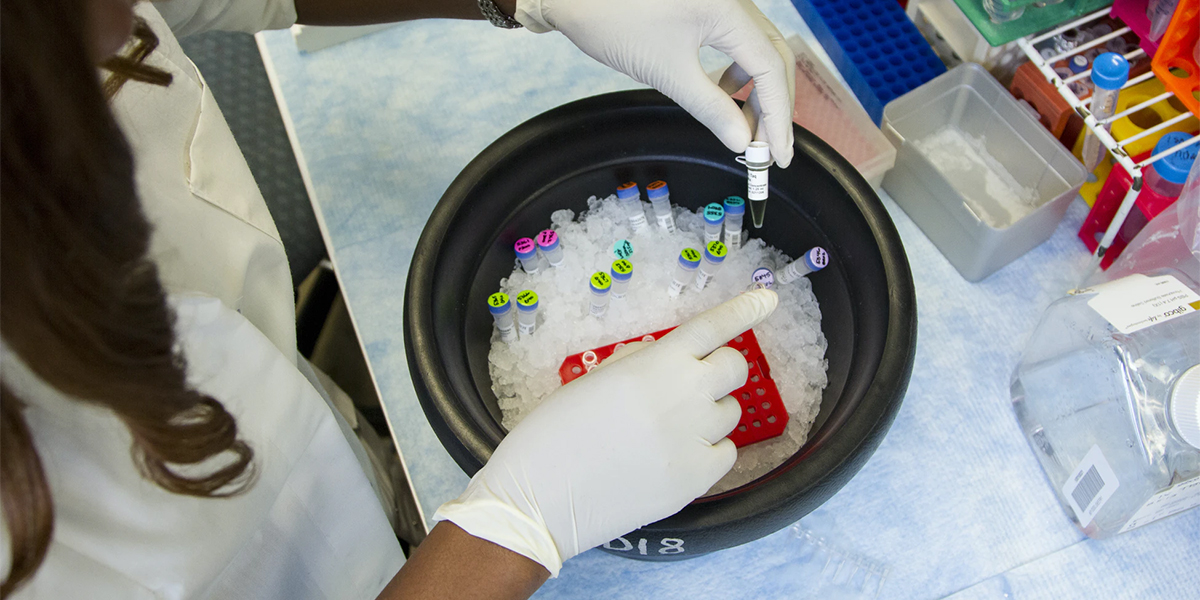With most of the world under some form of travel restriction due to the ongoing coronavirus pandemic, the idea of returning to life as normal seems like a distant dream. However, as the death rate in Italy drops and China lifts the lockdown on Wuhan, a trickle of positivity is finally emerging.
However, with the epicentre of the virus constantly moving between continents, there is a lack of clarity about how much longer some countries will have to wait until normalcy returns. This concern has led to the concept of immunity passports to arise, particularly in the United Kingdom. Health Secretary Matt Hancock has suggested that citizens who have already had the virus be provided a certificate or a wristband to show their immunity. This will allow those who are immune to get back to everyday life and thus support the economy.
How Reliable are Antibody Tests?
While the idea sounds innovative, it’s far from being fool proof. Firstly, as the virus can be asymptotic, an antibody test would be needed to determine whether someone has had the virus and is no longer contagious. The problem with these tests is the lack of accuracy. Experts have even said that it would be a while before a reliable one is developed. (LINK)
In one region in Italy, doctors and nurses are being tested for antibodies so they can get back to work, however without knowing the effectiveness or reliability of the test, this could be doing more harm than good.
Germany has also mulled over the idea of immunity passports. Researchers at the Helmholtz Centre for Infection Research are anticipated to send out hundreds of thousands of antibody tests during the next few weeks. If the project is approved, they will begin conducting tests on 100,000 people beginning this month.
Fraud & Discrimination
Secondly, the idea of certification opens the possibility of fraud. As people become restless cooped up at home, the likelihood of someone forging these kinds of documents isn’t far-fetched. Even worse, people may deliberately go outside and become infected so that they can re-enter society quicker, putting many others at risk.
Most importantly, how will these passports affect society? Since the outbreak of the COVID-19, we’ve seen an increase in discrimination particularly towards the Chinese community and the most vulnerable in society. There have been concerns that this could create something of a ‘two-tier society’ where those who are immune are eligible for this privileged status while others are forced at home.
However, with a vaccine not expected to be available for up to a year, it leaves little options at our disposal.
Wuhan’s Return to Everyday Life
In Wuhan, the Chinese city that first reported the outbreak, a lockdown that has been in a place since January is slowly being lifted.
Residents can now leave their homes and even travel on public transport. However, this only applies to those with a “green code” on their smartphone health app, which confirms the individual’s health status.
Health Security
One thing that is certain is that this global crisis will undoubtedly shift people’s priorities, particularly when it comes to health security. As governments across the globe attempt to tackle the pandemic, some better than others, many citizens will begin to wonder if their country is the right one to be in during a crisis.
Second citizenship might be one route that many may turn to. While a second citizenship may not help much during a global pandemic, it can provide access to the best healthcare systems for you and your family. For wealthy investors, a quick route to securing this is through Citizenship by Investment programmes.
The concept, originating in the Caribbean in the 80s, allows countries to offer up their citizenship in exchange for an economic contribution. This revenue is then channelled into important national development projects from healthcare, education, tourism and more.
- This Artist is Making the Underwater Arena His Canvas - 28th April 2021
- A Video Game that Promotes Peace and Conflict Resolution - 15th March 2021
- Netflix’s ‘Living Undocumented’ is a Difficult Series to Watch, and Exactly Why We Should - 9th March 2021






